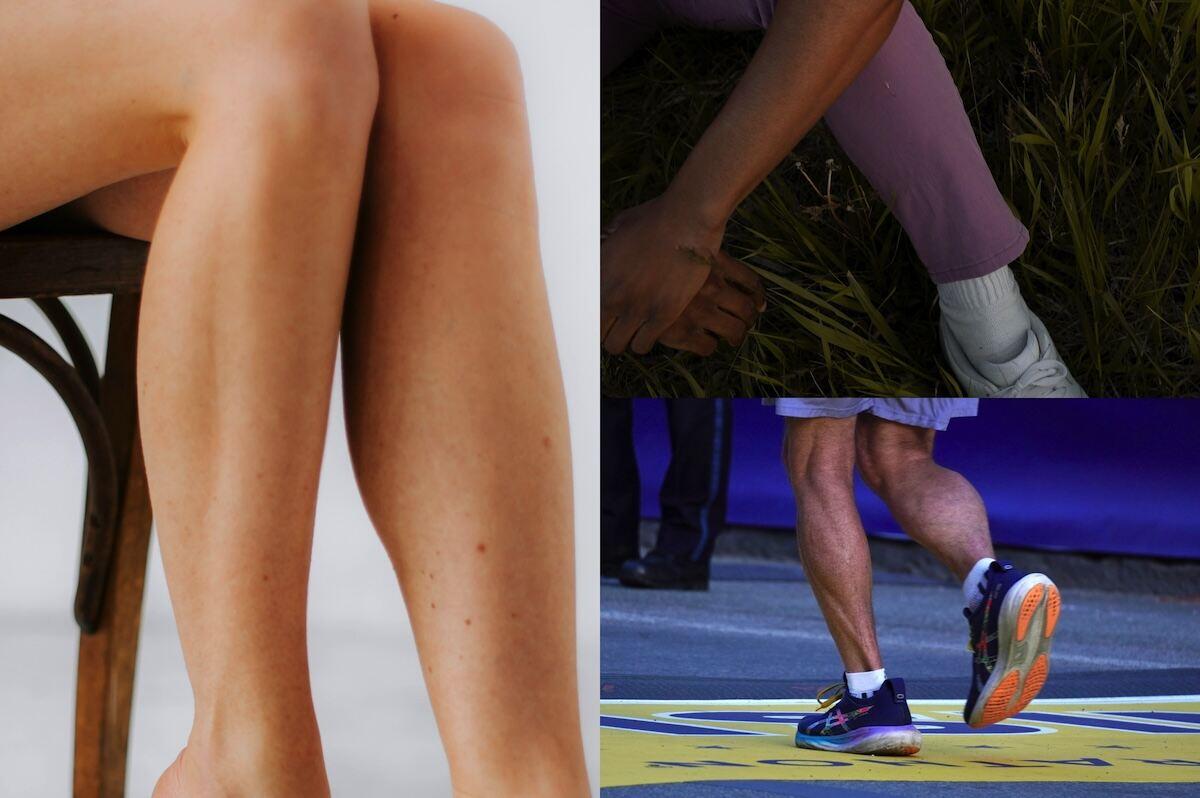
Does one of your calf’s cramp up quite frequently? It may occur during and after exercise, randomly at work, and/or when seated while lightly flexing. It has become enough of a bother that it has motivated you to jump online and ask Google, why does my calf cramp all the time? Below is a summary of why this is likely occurring (excluding less medical conditions) complete with a look at why it’s extremely important to correct the issue in order to avoid further complications.
Reasons Why Your Calf Muscles Frequently Cramp Up and Why Immediate Intervention is Requited
Musculoskeletal Reasons Why Your Calf is Cramped
Common musculoskeletal system reasons for calf muscle cramping include the following:
- Dehydration: Dehydration can negatively impact the musculoskeletal system, leading to symptoms like muscle cramps.
- Electrolyte imbalance: Electrolytes like sodium, potassium, calcium, and magnesium are crucial for normal muscle function, contraction, and relaxation, and their imbalances can lead to muscle cramps.
- Overexertion: Strenuous exercise or prolonged periods of standing/walking can strain calf muscles, leading to cramps.
- Muscle strain: Overstretching the gastrocnemius (the main calf muscle) during calf-focused movements (calf raises, running, skateboarding, etc.) can cause cramping.
- Sedentary lifestyle: Contrary to overexertion and overtraining, sitting for long periods can cause fluid retention in the lower body, which can lead to a calf cramp.
* While poor circulation is not technically a musculoskeletal issue, it can manifest with musculoskeletal symptoms like a calf muscle cramp. Physiotherapy can effectively address poor circulation in the legs through targeted exercises like ankle pumps, calf raises, and leg lifts, as well as compression therapy.
What Can Happen if You Don’t Get Help
Don’t leave a cramped calf unattended. When the issue is related to one of the musculoskeletal issues above (and not a medical condition) you run a significant risk is a calf muscle tear. The severity of a calf tear is broken down into Grade 1, Grade 2, and Grade 3, with recovery time running anywhere from 2 weeks to six months, depending upon Grade and work that you put in to expedite the process in a healthy manner. Do you have two weeks to six months to spend on crutches? Probably not.
What Physiotherapy Will Do to Help
Physiotherapy for a calf cramp generally involves a variety of techniques, including soft tissue massage, stretching, joint mobilization, heat treatment, electrotherapy, acupuncture / dry needling, and exercises to improve strength, flexibility, and balance, along with education and activity modification advice that you can take home (and work, etc.) with you.
Make your calf muscles cramp-free and avoid injury through physiotherapy. If located in the Greater Vancouver area, tap this link to book an appointment. If you have questions first, feel free to call or email us anytime.
(Burnaby and Vancouver residents)
